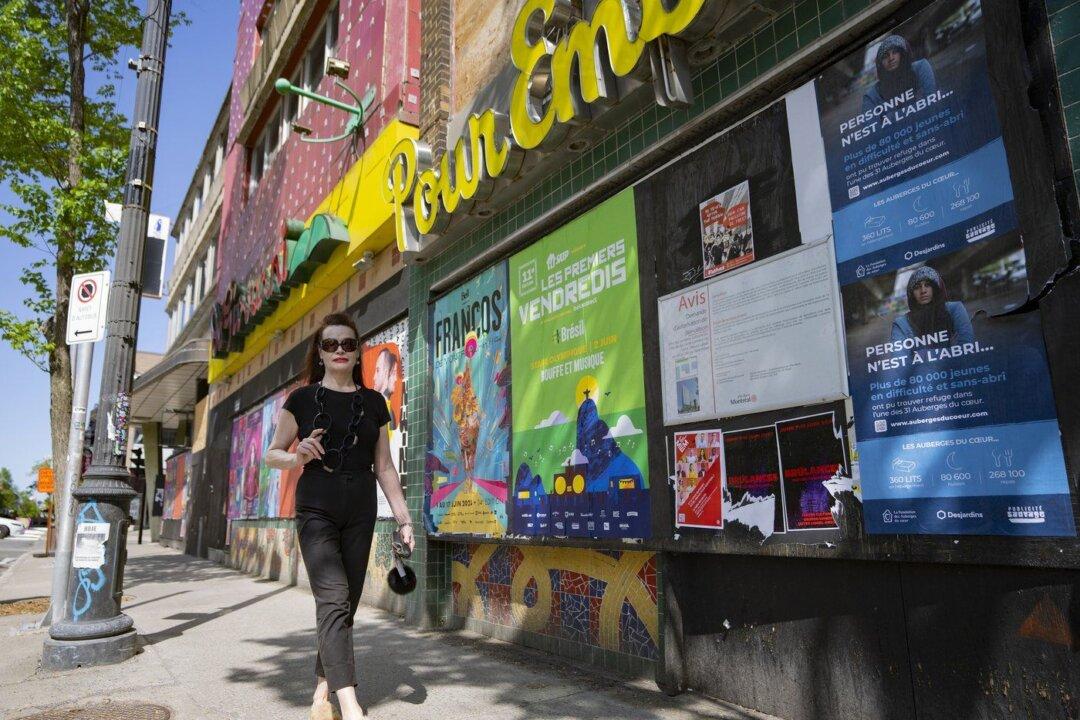As Carla White looks out the window of her yellow-and-pink, plant-filled apartment in the heart of downtown Montreal, she wonders where she’s going to live next.
“I look out there and say, where am I going now?” she says, gesturing at the highrises that tower above the building where she lives.





